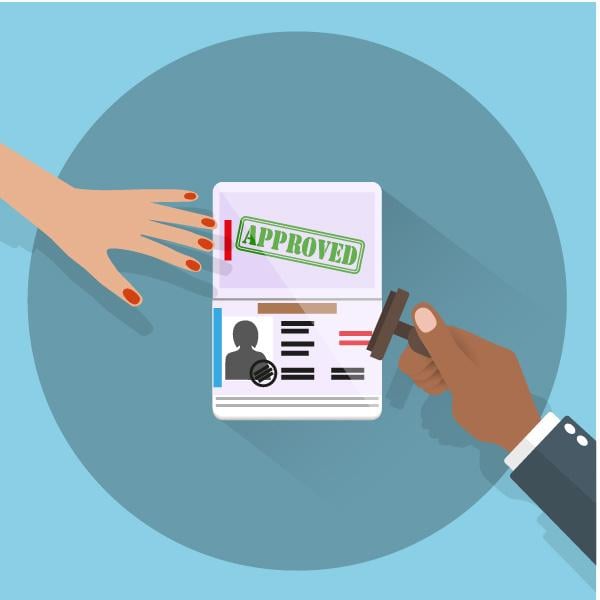
Why Estonian Crypto Licenses are still Valuable
The Estonian crypto regulations are about to change, which we already wrote about in late December last year. From 10th of March 2020, all new applicants have to comply with the new crypto regulations, which are way more complicated than the ones we have now. Estonia has issued around 1000 crypto licenses, and because most of the license holders do not reside in Estonia, the Estonian FIU and authorities have concluded that it’s not possible to do proper supervision of these crypto companies. As an advisory office helping clients with licensing in Estonia, we understand that Estonian licensed crypto exchanges should have somewhat stricter regulations and higher barrier of getting licensed. There are too many websites using the Estonian licenses as a proof point of their reliability, which we feel can be misleading and undermine the value of the license if these exchanges aren’t doing a good job.
Here’s a conclusion of what’s going to happen:
Share capital minimum is raised to 12 000€, has to be paid in (currently it is standard 2500€ as with an LLC type of company in Estonia and can be paid in later.
1. The two licenses will be unified and the state fee will be 3300€ (currently it’s 345€ per license)
2. To apply for the license, you need to have an IBAN account.
3. The board of the company has to reside in Estonia, and you need to have a local office here.
4. Licensing time is increased from 30 days to 60 days, and FIU can extend it to 120 days if they decide so.
5. A more detailed business plan is required, and board members will go through more scrutiny to make sure they’re suitable for providing financial services.
Why Estonian crypto licenses are still valuable?
Most of the current license holders won’t be able to comply with these new regulations, especially the requirement for the board to reside in Estonia. We estimate that 90% of the Estonian crypto licenses will be revoked due to this very reason. This also means that the ones who will be able to comply are either company who have an actual business in Estonia led by people who reside here, or companies who have managed to build a profitable crypto business and can bear the additional costs. As a result, we should have more quality companies with better and more reliable AML procedures, and less chance of having companies with poor AML capabilities running their operations through Estonia. Not to mention the cases where companies have bad intentions of scamming people, which has always been part of the crypto industry (unfortunately).
Another upside we’re seeing is more banking possibilities – if licenses are harder to get, banks, in general, tend to trust the clients more as they’ve gone through the scrutiny of the authorities during the licensing process. By the end of 2020, we’ll probably know whether easier banking for Estonian licensed crypto companies is true or not.
Most of the new requirements are still a lot easier to comply with compared to other financial services licenses in other European jurisdictions, or more specifically, crypto licenses of countries like Liechtenstein or Malta. Even non-EU jurisdiction Gibraltar license is more difficult to obtain with quite a lot of red tape involved, and licensing time is twice as long.
Conclusion
How easy the licensing should be is a discussion which could quickly become quite philosophical – crypto represents freedom for many hardcore crypto enthusiasts, and for them, any licensing seems unnecessary and probably an attempt to control this new economy. Conversely, the ICO craze showed us how crazy it can get without any oversight. We at Comistar, frequent users of crypto exchanges ourselves, definitely prefer proper KYC/AML procedures and some regulatory oversight to make sure we have our cryptos safe while trading. We don’t, however, prefer overly complex on-boarding processes and scrutiny as we see today with banks.
To conclude, Estonia is still one of the best places to get started with a crypto company in Europe, as not many countries have specific crypto licenses. Registering and managing the Estonian company is super easy, and everything can be done remotely. If you’re looking to obtain crypto licenses in Estonia, or have any questions you would like to ask, please contact us.


